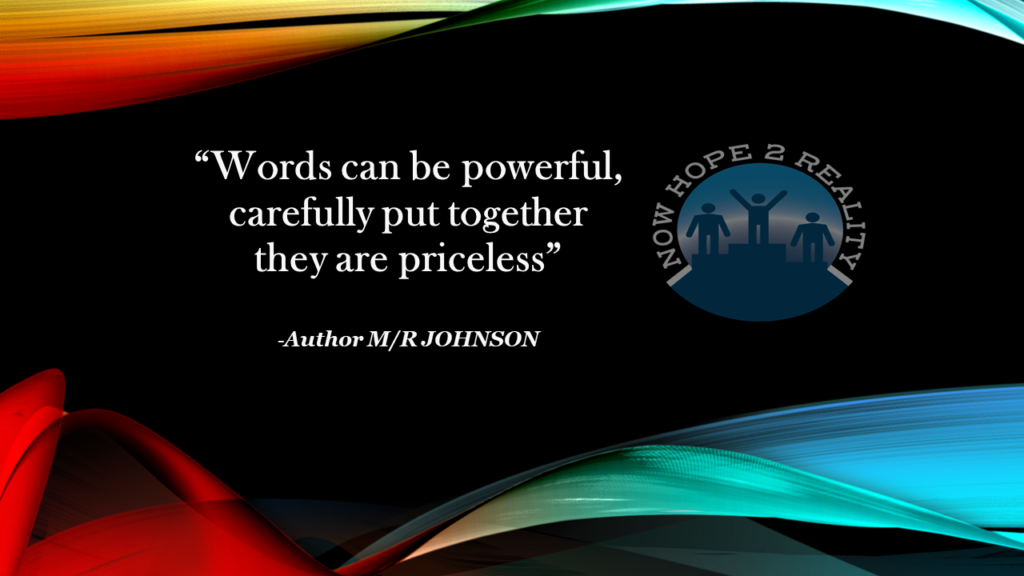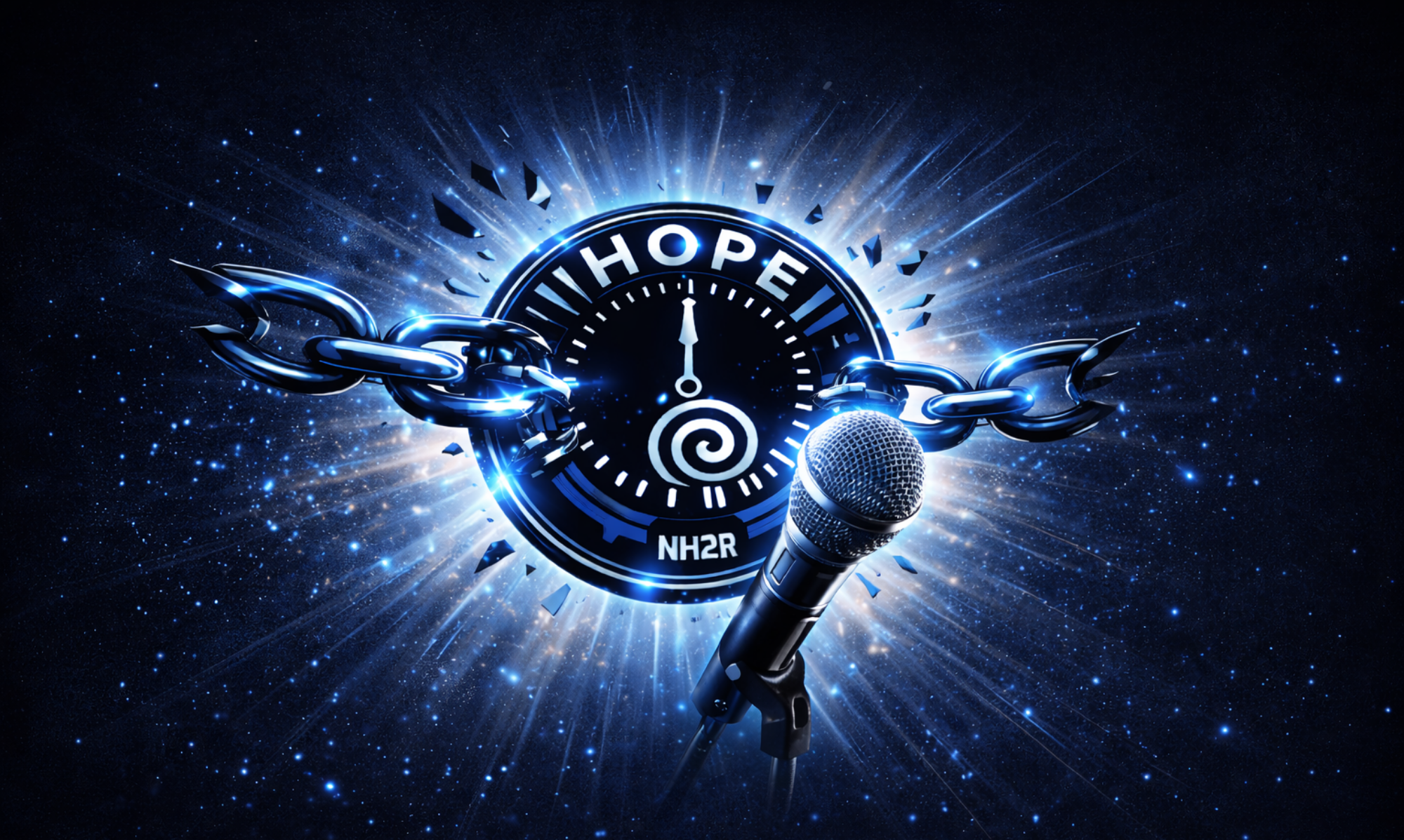
You have the power to succeed in anything that you have been chosen to complete. The key to your success are transparent. They are plan, organize, research and work toward the goal.

The Neuroplasticity, Implicit Bias Theory Effect

You have the power to succeed in anything that you have been chosen to complete. The key to your success are transparent. They are plan, organize, research and work toward the goal.
In 2017 Certified Peer Specialist Rhonda L Johnson shared with News 4 how Washington, DC should address the opioid crisis. Her words went on deaf ears. It is now 2023 she continues to advocate for education, hope and solutions for Co-Occurring Disorders. Until we continue the conversation woth hope to save the nexy generations.